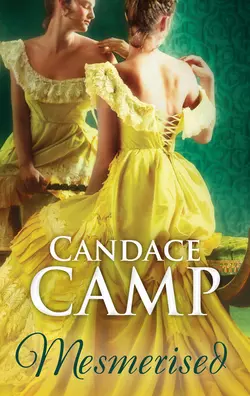Mesmerized

Candace Camp
Тип: электронная книга
Жанр: Современная зарубежная литература
Язык: на английском языке
Стоимость: 458.46 ₽
Статус: В продаже
Издательство: HarperCollins
Дата публикации: 16.04.2024
Отзывы: Пока нет Добавить отзыв
О книге: Olivia Moreland has forever denied the possibility of clairvoyant abilities, working instead to discredit the mediums that flock to London. But when Lord Stephen St.Leger requests her help in investigating an alleged psychic’s claims, she can′t deny the ominous presence she feels within the walls of his ancient estate—or the intimately familiar connection she feels to Stephen himself.The last time he′d called Blackhope Hall home, Stephen had watched as his elder brother claimed both the family title and the woman he loved. Now, in the wake of his brother’s murder, Stephen has reluctantly returned to find his family ensconced in scandal. Who is responsible for his brother′s untimely death—a dark spirit or the psychic who claims to have channeled it? And what is it about psychic investigator Olivia Moreland that so thoroughly draws him in, reigniting a passion he hasn’t felt in years?As they search for answers, Stephen and Olivia discover that the only way to fight a powerful evil is with a powerful love.